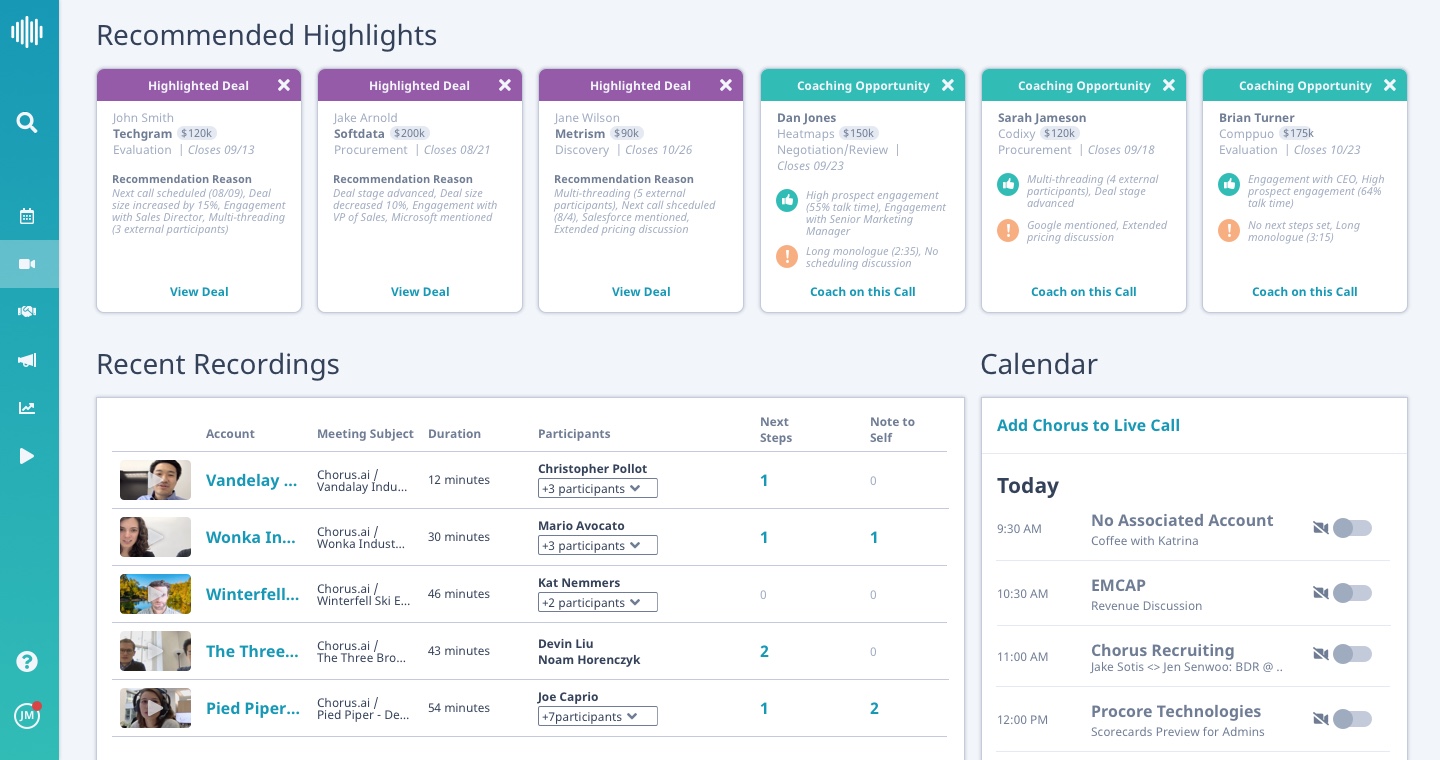In this week’s No Jitter Roll, we share the latest news on expanded PSTN audio coverage for Webex Meetings, the latest headset management technology, AI-based recommendations, UC platform enhancements, and an update to Rumpus videoconferences.
Cisco Webex Expands PSTN Audio Global Coverage
Starting this week’s news is a pair of announcements from Cisco. First, the company
expanded its global public switched telephone network (PSTN) audio coverage for Webex Meetings to include 11 additional countries and made changes to its Webex Meetings Audio coverage plans.
To alleviate the costs associated with PSTN audio across the globe, Cisco has expanded its global PSTN audio coverage to Webex Meetings Flex plan users in Bulgaria, Costa Rica, Cyprus, El Salvador, Georgia, Malta, Peru, Puerto Rico, Romania, Turkey, and Ukraine for no additional cost. With this service, companies can consolidate their Webex Meetings and PSTN audio bills and save money.
To further reduce costs, Cisco recommends keeping your audio usage to IP audio (on-network) to lower total cost of ownership (TCO) for meetings. The company also suggests this can be done by encouraging Webex Meetings users to adopt in-app computer or mobile VoIP participant join; Cisco video devices; or
Webex Edge Audio, to leverage PSTN cost savings for on-net participants.
In addition to the expanded coverage, the company rolled out a series of coverage changes to its Webex PSTN Toll Dial-In services that include:
- Webex PSTN Toll Dial-In. Included with Webex Meetings for no additional cost, the service will expand to the countries listed above.
- Webex PSTN Premium Toll Dial-in. Available through the company’s usage-based Committed Audio offer, the service will expand to an additional nine countries, including China, Indonesia, Kenya, Pakistan, Philippines, Sri Lanka, Taiwan, Thailand, and Vietnam.
- Webex PSTN Toll-Free Dial-in. This service is also available through the company’s usage-based Committed Audio offer and will expand to 14 more countries, including Bahamas, Belize, Botswana, Brunei, Honduras, Malta, Moldova, Monaco, Oman, Paraguay, Peru, Serbia, Trinidad & Tobago, and Turks and Caicos.
Cisco Releases Headset Management Application
Moving out of the meeting room and into the office, Cisco last week also announced the
launch of CUCM 12.5, an integrated headset management application.
With CUCM 12.5, IT admins can remotely deploy headsets, view real-time usage metrics, receive diagnostic data, and push automatic firmware updates to discrete groups or the entire organization. When a user receives a headset and connects to Cisco Jabber or desk phone, UCM registers the headset, identifies the owner, and begins tracking.
The management software is generally available and works in conjunction with Jabber and the Cisco 7800 and 8800 Phone Series.
Chorus.ai Launches AI-based Recommendations
In the meeting space, conversation intelligence platform provider Chorus.ai has added
AI-based recommendations to its platform.
The new feature uses AI technology to highlight moments from meetings and make role-based suggestions for deals, meetings, reviews, or coaching opportunities. For example, managers might receive suggestions on what deals are most at risk or items that might be of high importance after a meeting. Additionally, the system might identify low scoring skills for a specific sales team member – creating an opportunity for management to provide more coaching, according to Chorus.AI. The image below shows examples of how the system displays the recommendations.
Coaching is a particularly valuable application for the new offering. “The reality is most sales managers’ days are filled to capacity, which pushes all coaching to the bottom of the priority list,” said Joe Caprio, VP of sales at Chorus, stated in the company’s announcement. “This can negatively impact a rep’s growth, quota and even retention at the company since
60% of sellers say they’ll leave an organization if their manager is a poor coach.”
NEC Enhances SV9000 Series Platform
The enhancements include collaboration applications delivered for both on-premises and cloud-based deployments, a more powerful processor, more memory, and enhanced security features, NEC announced. Additionally, NEC has rolled out a series of enhancements to its DT900 and DT500 terminals, which include an enhanced range of wideband audio, gigabit network support, and touch display options.
QSC Releases Network Video Endpoint
Wrapping up this week’s news roundup, QSC, has launched its Q-SYS NV Series (NV-32-H) network video endpoint, a native peripheral for its Q-SYS Ecosystem.
Optimized for the meeting room, the NV-32-H is a multi-stream HDMI encoder/decoder that provides high-quality (up to 4K60 4:4:4) video and distribution across a standard gigabit infrastructure. Additionally, the device is software definable as either a video encoder or decoder and can be remotely managed and monitored, according to the company.
The device is currently available for an MSRP of $3,175.00.










